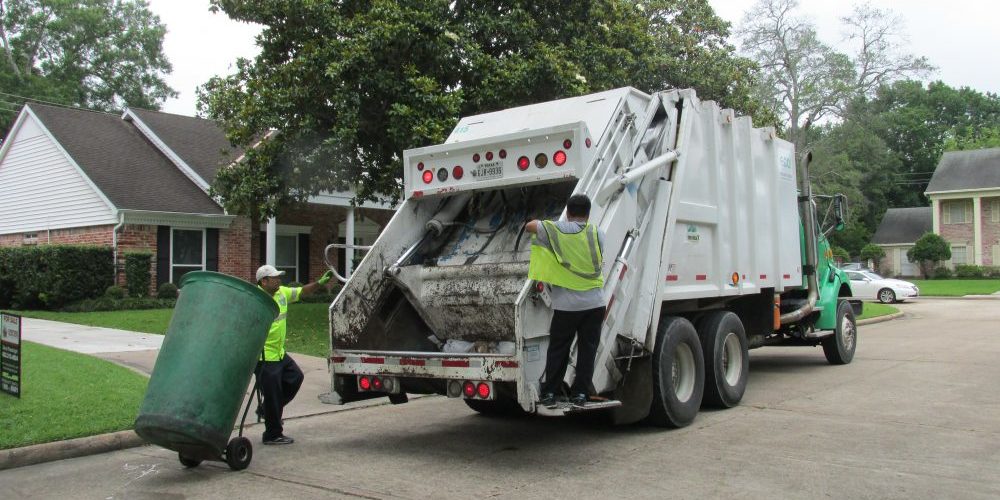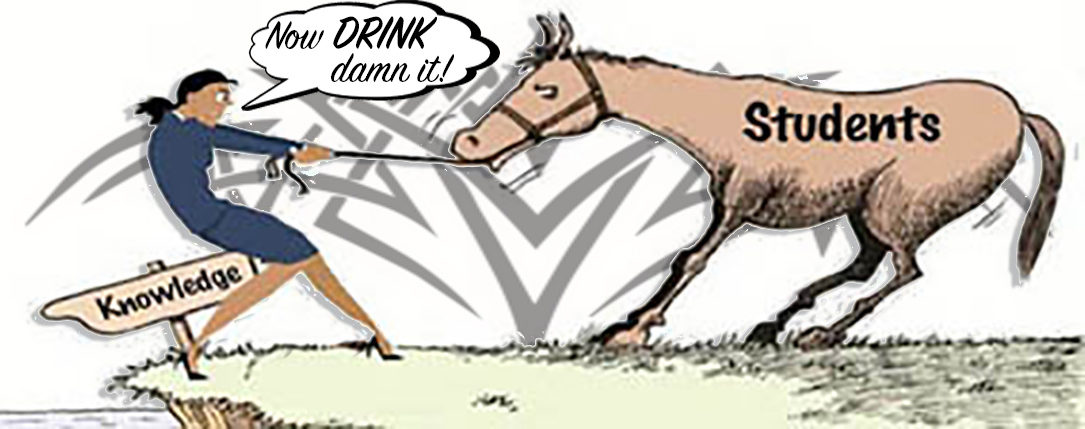Academic Goals
March 22, 2020

Learning for learning’s sake is a lost art. Yeah, you can take “personal enrichment” classes at the local community college in practically every conceivable subject, but personal growth vs. scoring well on tests isn’t an option until you’re out of high school.
For instance, throughout my graduate degree programs I was focused on learning. If I didn’t do what many of my professors called “A” work I wasn’t concerned. The areas I was deficient in at the time of the paper/test I learned from the professors’ grades and comments.
I learned early on in college that maintaining an A average, for me, was going to be impossible. Part of it was genetic, part of it was motivation, and part of it was “the system.” In my freshmen year I took a general ed zoology course to meet a science requirement. Actually, the college scheduled me for this class (they scheduled first semester classes for all in-coming freshmen), and I soon found out why.
Class lectures were held in an auditorium-style room with cascading seats that climbed from the floor incrementally higher to the last row that was probably half-a-story high. It was packed with freshmen that first day when the professor (I’m sure he held a doctorate of some sort) came in and, without introduction, proceeded to tell us how he diagnosed a neighbor’s diabetes by touching congealed urine on the man’s toilet seat. Wow, I thought, college is going to be different. But the main thing I took away from that first class was his declaration that no one ever got an “A” in his class (which is why they had to fill his class with freshmen; no upperclassmen would voluntarily take the course). He said he taught it as if we were all pre-med students (none of us were) and if we were involved in co-curricular activities we would have to drop them to keep up with the course. What?! I was there to play baseball and there was no way I was quitting for this class. I didn’t know then that I could have dropped the course, so I struggled through the semester and managed a “C”. That was good enough for me.
Despite the grade, the class helped me learn how to manage my time between sports, school, and a social life. It also taught me how to use the resources in the library (yes, when I was an undergrad I did research through books), and how to try and meet demands of an individual professor. These were all valuable tools that served me well for more than 15 years of higher education, but that initial grade and it’s affect on my GPA were not what my parents were looking for.
As a teacher I’ve had students who knew specifically what they wanted out of high school, and sometimes this conflicted with their parents, guidance counselors and the school’s goals.
For instance, I had a student in the city who wanted to be a sanitation worker (he called it a “trashman”) and he was not concerned with getting good grades or taking SATs; he just needed to graduate. I was in the room when the counselor tried to tell him he was ruining his life, but the student just shrugged off the insistent academic mumbo-jumbo. Now, he was more than capable of college-prep level work, but that wasn’t part of his academic and vocational goals. When I spoke to him about it, he explained that his father was a trashman, his uncles were trashmen, and they all made good money and were happy with their lives.
It’s hard to argue with that. In his environment this was a path to a good life, and no amount of nagging by the academic community was going to dissuade him from his goal. By the way, that was almost 10 years ago and based on his social media posts his plan worked out quite nicely for him and his family.
The school only saw a student who was not working towards college. The state Department of Education sees the same thing and holds the school accountable for “failing” to meet socio-political education goals.
I, on the other hand, see this as a pure success story of public education. Education should exist to help students achieve THEIR personal academic and vocational schools, not to promote a theoretical vision. Secondary education needs to focus on “common” core principals (reading and what I call “consumer” math) while providing vocationally oriented experiences. This will give students an idea of what they may want to do after high school, and the fundamental skills needed to pursue those goals successfully.



